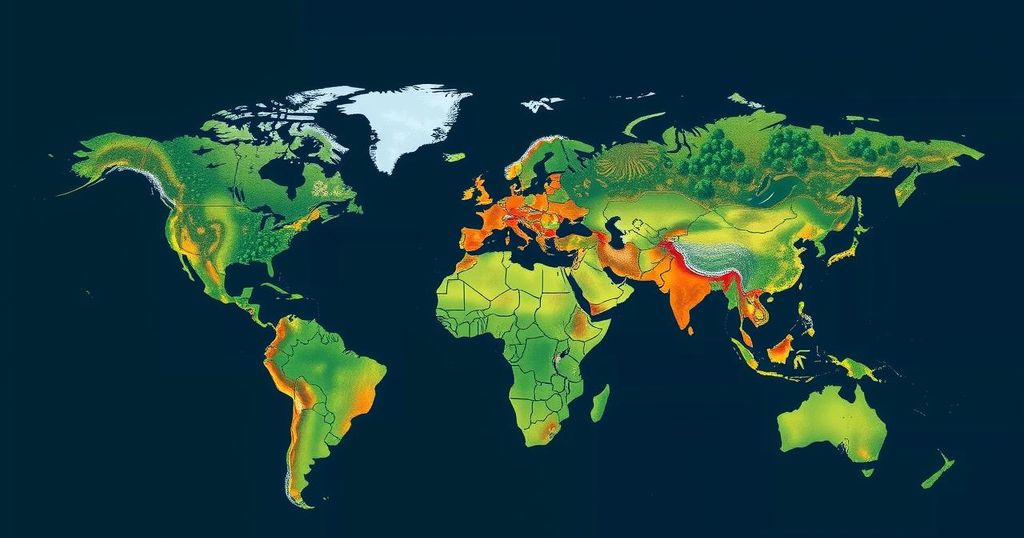Wealthier countries are initiating payments to poorer nations for damages caused by climate change, highlighted by cases such as Cyclone Freddy in Malawi. Approximately $720 million has been pledged to assist, but experts suggest this will not suffice against growing climate challenges. COP29 discussions in Baku focus on formalizing and expanding funding mechanisms for loss and damage compensation, emphasizing the accountability of developed nations.
Richer nations are beginning to compensate poorer countries for climate change-related damages, marking a significant step towards addressing global inequality in the face of environmental disasters. Following Cyclone Freddy’s devastating impact in southern Malawi, where families faced immense challenges, a pilot program led to financial assistance of around $750 per household, enabling many to rebuild. The international community has committed approximately $720 million to assist low-income countries grappling with climate impacts, yet experts warn this amount is insufficient given the increasing severity of climate events.
At COP29 in Baku, discussions centered on establishing a fund dedicated to loss and damage compensation, as wealthier nations negotiate their responsibility to assist developing regions. Prime Minister Philip Davis of the Bahamas emphasized the urgent need for accountability among major polluters, stating that nations with developed economies must recognize their historical contributions to climate issues. As disasters escalate, the financial demands on developing nations increase, calling for a robust commitment to climate finance and innovative solutions to support vulnerable communities.
The recent storms and hurricanes have forced thousands to evacuate their homes, revealing a need for immediate and effective funding solutions to aid recovery and resilience-building. The funds allocated are intended not only for emergency recovery but also for strategic relocation and sustainable development, recognizing the underlying injustices faced by those least responsible for climate change. As more regions experience the adverse effects of climate change, the international community must act decisively to meet the growing funding requirements projected to reach $250 billion annually by 2030.
The topic of climate change and its disproportionate impact on poorer nations has gained significant attention in recent years. While wealthier countries contribute a substantial portion of global greenhouse gas emissions, developing nations often bear the brunt of climate-induced disasters, having contributed little to the crisis. The concept of loss and damage compensation emerged from international discussions to provide financial support to those affected by climate impacts. The need for a structured system to address this issue has become more urgent as severe storms and other climate events increase in frequency and destructiveness, particularly in regions with limited resources to cope and recover.
In summary, as the effects of climate change intensify globally, there is an urgent need for wealthier nations to take responsibility for their contributions to the crisis and to support vulnerable countries facing devastating climate-related events. The establishment of dedicated funding for loss and damage compensation represents a promising step, but the amounts pledged remain insufficient to meet the escalating needs. A collaborative global effort is essential to ensure that the most impacted communities can recover and build resilience against future disasters.
Original Source: www.wuwm.com






